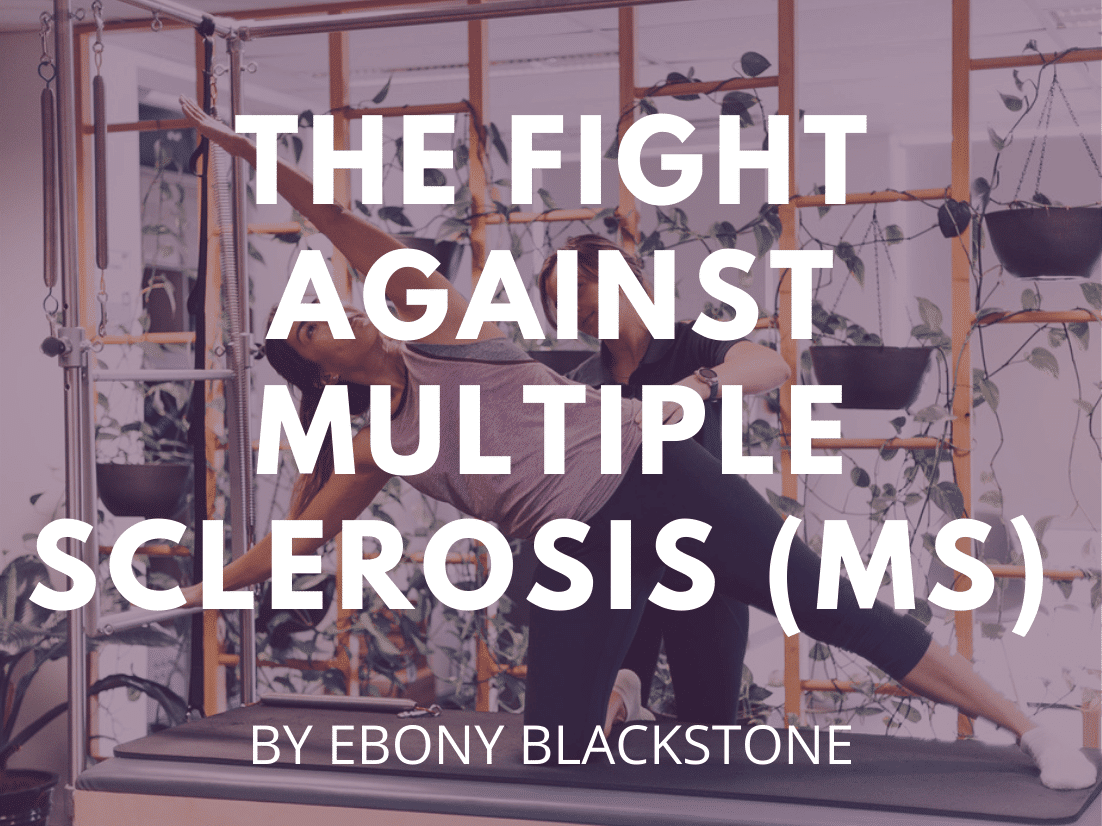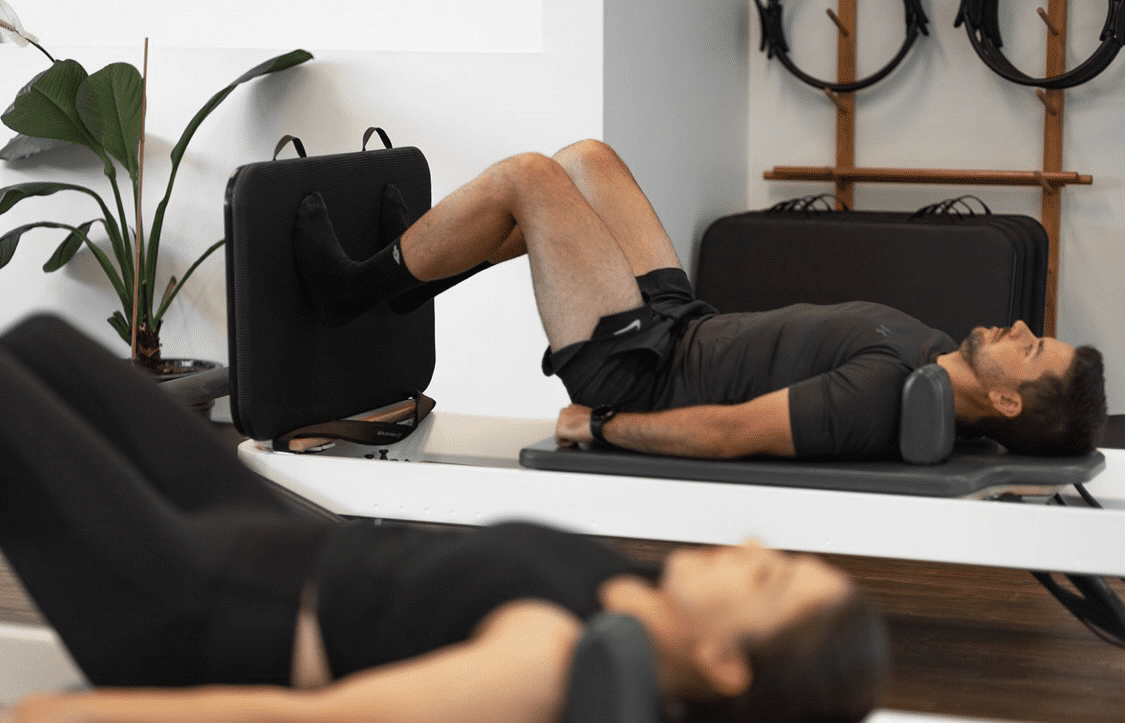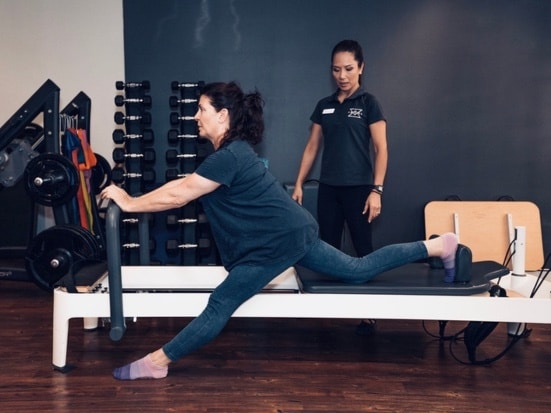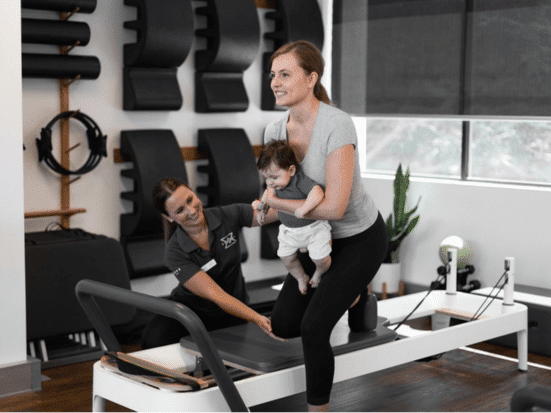THE FIGHT AGAINST MS
Exercise Therapy for Multiple Sclerosis
Clinical Manifestation
Multiple sclerosis (MS) is an immune-mediated degenerative disease of the central nervous system, affecting an estimated 2.5 million adults worldwide1. Diagnosis typically occurs between 20-40 (however, there are cases outside of this range), and approximately three times as many women are diagnosed than men. Nerve impulses within the brain, spinal cord and optic nerves are affected by scar lesions and can manifest into a wide array of symptoms.
Symptoms of MS can include muscle weakness, extreme fatigue, loss of balance and coordination, and cognitive dysfunction. However this disease has 4 different clinical courses which can be classified as mild, moderate or severe, and as such, symptoms can be extremely varied.
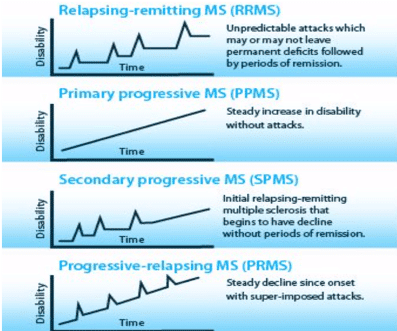
Benefits of Exercise
Whilst there is no cure for MS, many research studies have found that exercise can counteract the consequences of the disease. Evidence suggests that regular exercise “has the potential to improve and/or maintain functional ability, aerobic fitness, strength, fatigue, health-related quality of life, depression, cognition and chronic disease risk profiles…”2. An exercise program designed to promote and encourage independence with functional movements will have lasting effects on both the mental and physical health of those diagnosed with MS.
Exercise treatment for MS
Due to the subjective nature of the disease, exercise prescription needs to be specific to the individual’s symptoms and their personal goals. An exercise program for MS should include exercises focused on improving strength and endurance, cardiorespiratory fitness, overall mobility, static and dynamic balance for falls prevention and whole-body coordination.
Including ADLs such as step ups, balance drills such as tandem walking and hurdle steps, and upper body strength exercises such as push ups (to counteract falls) within the program is important for building endurance to maintain independence.
It is very important to become familiar with the person and their personal journey with MS in order to prescribe the most effective program. For example, many MS patients are heat-sensitive and experience a temporary worsening of their symptoms in warmer conditions, whilst others experience a faster onset of fatigue throughout the day. It is vital to take these characteristics into consideration when planning and designing their weekly exercise regime3.
Multiple Sclerosis at FORGE
Here at Forge we see a number of clients with MS, with varying degrees of physical and cognitive deficit. The combination of pilates equipment, weights and cardio machines on offer provides a wide variety of exercises and large range of difficulty to address the many changes associated with MS. Futhermore, the regular social interaction has extremely positive effects on mood and quality of life!
References:
- MS Australia. (2017). What is MS? MS Australia: The National Voice for People with MS. https://www.msaustralia.org.au/what-ms
- Benito-Leon, J., Morales, J.M., Rivera-Navarro, J., & Mitchell, A. (2003). A review about the impact of multiple sclerosis on health-related quality of life. Disabil Rehabil, (25), 1291-303.
- White, L. J., & Dressendorfer, R. H. (2004). Exercise and Multiple Sclerosis. Sports Med, 34 (15), 1077-1100.

